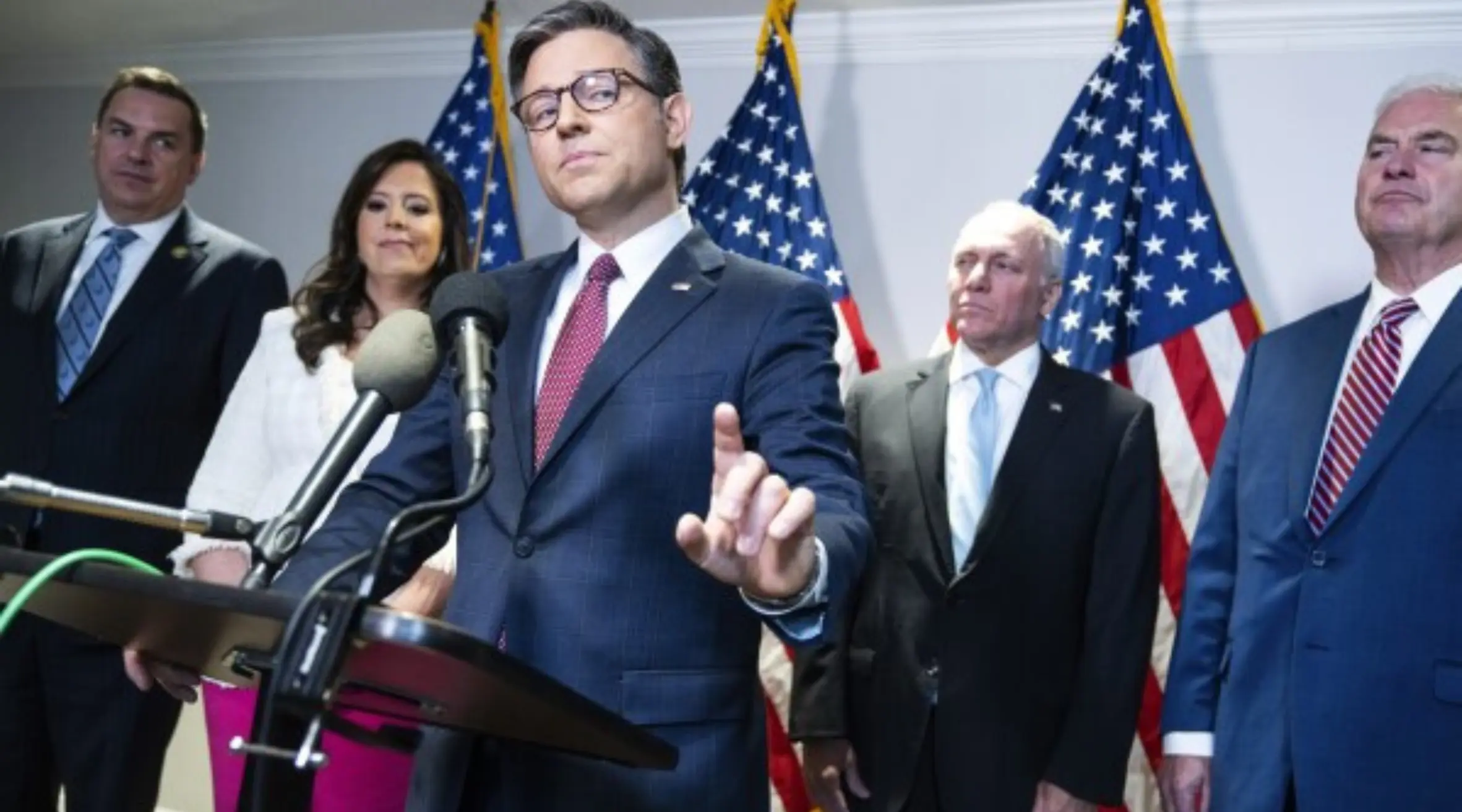USA (Washington Insider Magazine) – House Republicans have started the year with a more united and faster approach to federal funding, passing four of the 12 annual appropriations bills before the end of June. This marks a significant improvement compared to last year when no bills had passed by this time. However, upcoming spending battles are inevitable.
Anticipating Prolonged Spending Debates
All four bills that passed the House so far generated veto threats from President Joe Biden ‘s administration and drew widespread Democratic opposition and they have no chance of passing the Senate in their current form. That means a protracted, months-long battle that will likely require one or more stopgap spending bills to keep the federal government fully open when the new fiscal year begins Oct. 1.
Individual Appropriations Over Omnibus Bills
House Republicans are determined to pass the appropriations bills individually, avoiding large omnibus bills that they believe lead to excessive spending and ineffective policies. Speaker Mike Johnson emphasized the importance of this strategy, highlighting the House’s progress compared to the Senate’s lack of movement.
Focus on Non-Defense Spending Cuts
Despite their initial progress, House Republicans have opted to deviate from a prior agreement between then-Speaker Kevin McCarthy and President Biden that set strict spending limits. The original agreement proposed a 1% increase in both defense and non-defense spending. However, House Republicans are now pursuing a strategy that increases only defense spending, while cutting non-defense spending by about 6%.
Disputes Over Policy Mandates
House Republicans have added several policy mandates to the spending bills, such as prohibiting the Pentagon from reimbursing travel expenses for abortion services. These mandates are unlikely to pass in the Democratic-led Senate. Democrats argue that bipartisan support is necessary for any spending bills to be enacted, and warn that the current approach risks a government shutdown.
Senate Negotiations and Potential Complications
In the Senate, Appropriations Committee Chair Patty Murray and lead Republican Sen. Susan Collins are negotiating higher spending totals for defense and non-defense programs. Murray insists on parity, arguing that investments in domestic programs are as crucial as those in defense. If the Senate adopts higher spending increases, it could complicate passage in the House, where many Republicans already view the spending caps as too generous.
Preparing for a Prolonged Negotiation Process
According to Abcnews, with the new fiscal year starting on 1 October, Congress is expected to pass a transition plan to prevent a government shutdown. With lawmakers unlikely to be in session in October due to the campaign season, final passage of spending bills could be delayed until November or December.
Leadership’s Urgency for Resolution
Despite calls for a delay, the GOP leadership is pushing for a resolution to the spending issues this year, stressing that a new Republican administration would rather focus on other priorities such as tax policy and border security. The filibuster in the Senate remains an important factor in ensuring that any significant changes must have bipartisan support.
The coming months promise to be a lengthy and challenging negotiation process as both chambers of Congress work to resolve their differences on federal spending.


























